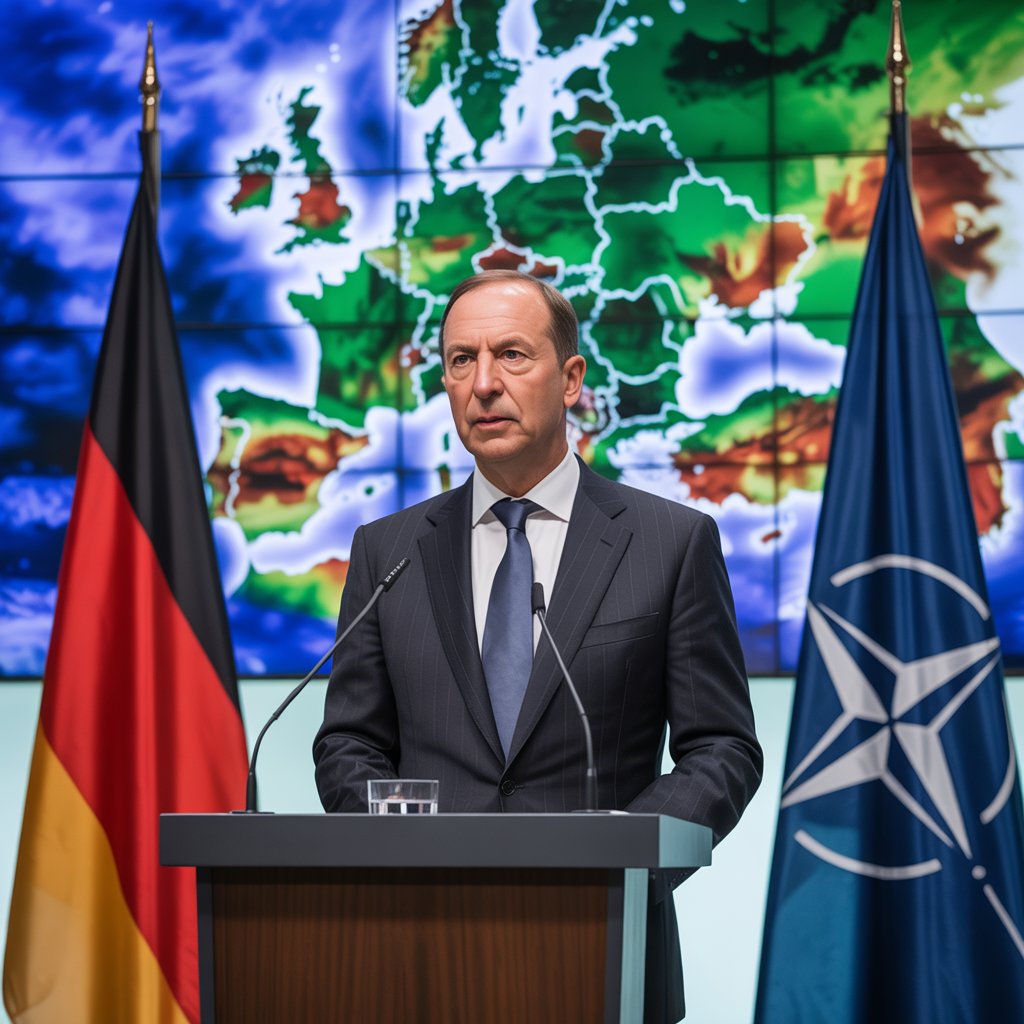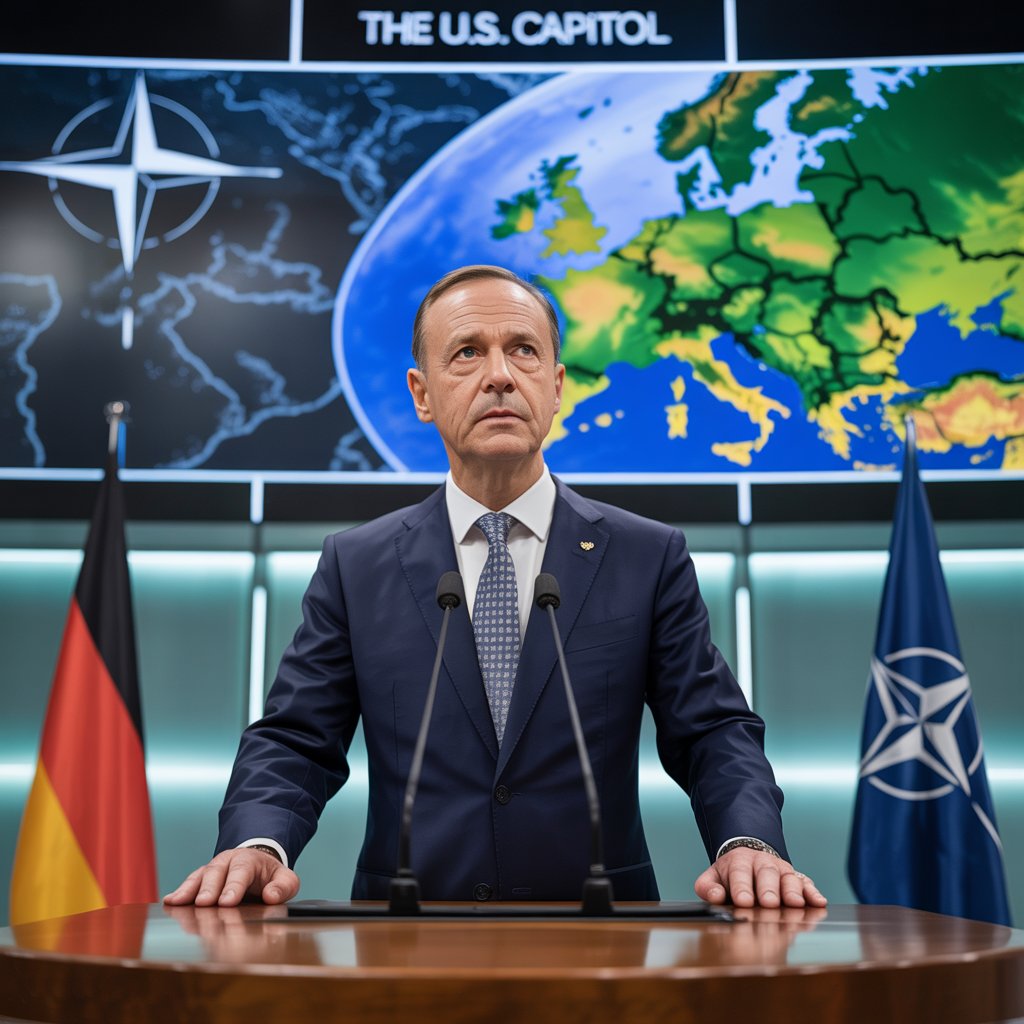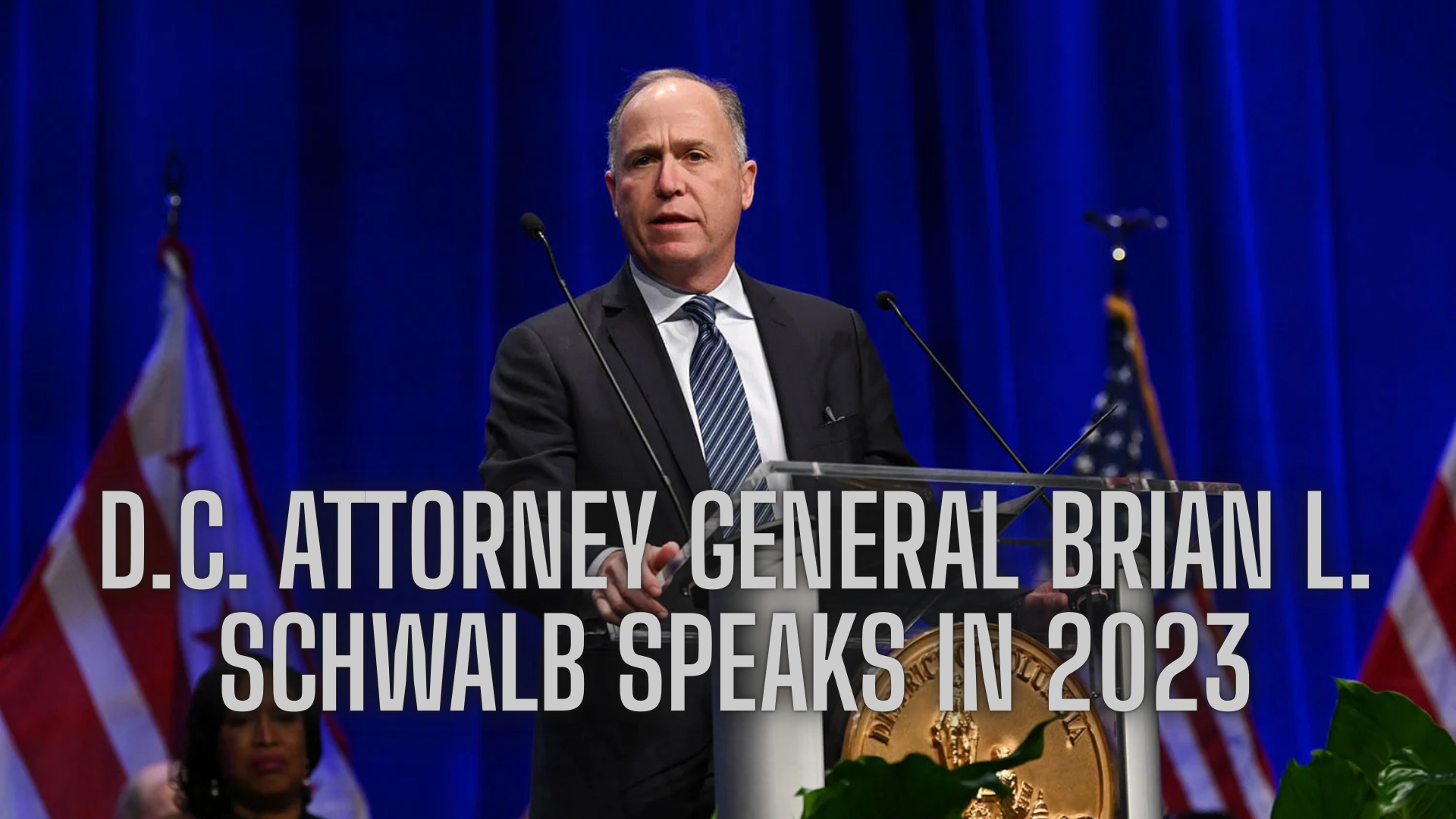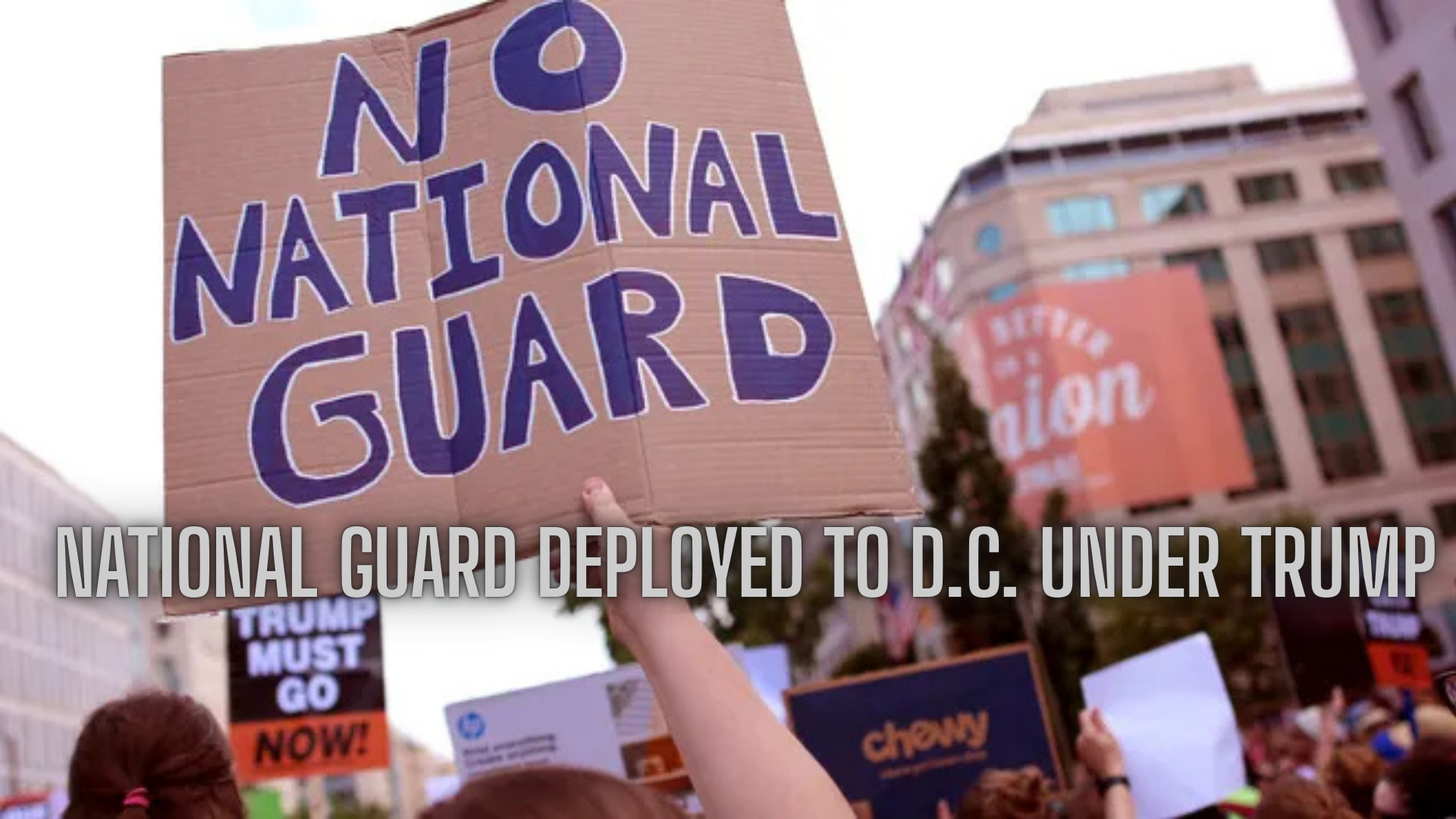By Globa Now Staff
Berlin – German Chancellor Friedrich Merz issued a stark warning on Friday, stating that some U.S. lawmakers remain dangerously unaware of the extent of Russia’s military rearmament. Speaking at a business conference in Berlin, Merz emphasized that Russia’s aggressive ramp-up in defense production poses a growing threat—not just to Ukraine, but potentially to NATO allies.
The comments came just a day after Merz met with U.S. President Donald Trump at the White House, as part of his first official visit since taking office in May.
“I met with some senators on Capitol Hill and told them to please look at the rearmament Russia is doing,” Merz said. “They clearly have no idea what is happening there right now.” He did not name the senators in question.
Since launching its full-scale invasion of Ukraine in February 2022, Russia has shifted its defense industry into overdrive. Factories are operating around the clock, and Moscow has inked controversial arms deals with both North Korea and Iran. European leaders now fear that Russia, with a ballooning military budget and increasing weapon stockpiles, could be preparing to strike beyond Ukraine’s borders—potentially targeting NATO territory.
Russia, for its part, denies these accusations. The Kremlin insists its so-called “special military operation” is defensive in nature, intended to safeguard Russian interests against what it describes as a belligerent and hostile West.

Nonetheless, the numbers tell a troubling story. Russia’s defense budget for 2025 is set to reach 13.5 trillion rubles—a staggering 32% of its entire public spending, and its highest level since the Cold War.
Seeking U.S. Commitment to NATO
Merz’s visit to Washington came amid growing concern in Europe over Trump’s long-term commitment to NATO. During their Oval Office meeting, Merz said he was reassured by the president’s strong public support for the alliance. Trump, in response to a question, offered what Merz described as a “resounding no” when asked whether the United States planned to exit NATO.
This reassurance was critical for Merz, who, like many European leaders, views American support as indispensable to Europe’s security architecture. “Whether we like it or not,” Merz said candidly on Friday, “we will remain dependent on the United States… for a long time to come.”
Germany Steps Up Defense Spending
Even before officially taking office, Merz signaled a major shift in German defense policy. He rallied parliamentary support to amend the constitution, allowing Germany to exempt military investments from strict debt limits. Since then, Merz has committed to additional defense-related spending—pledging to allocate 1.5% of Germany’s GDP to infrastructure projects with military applications.
In a bold move that aligns with Trump’s demands, Merz has also backed the idea of NATO members more than doubling their defense spending targets—from the current 2% goal to 5% of GDP. Trump praised this commitment, reinforcing the U.S. military’s intention to maintain a presence in Germany.
Rising Tensions and Growing Uncertainty
As Europe contends with its bloodiest conflict since World War II, Merz’s comments reflect a broader urgency among Western allies. There is growing anxiety that U.S. policymakers may not fully grasp the strategic implications of Russia’s military expansion—especially as key 2024 election debates in both Europe and the U.S. bring foreign policy into sharper focus.
With defense plants in Russia operating non-stop, arms pipelines opening with sanctioned states, and the Kremlin allocating over a quarter of its national budget to its military, Merz’s message is clear: ignoring these developments is a dangerous gamble.
As the war in Ukraine continues into its third year, Merz joins a chorus of European leaders pushing for transatlantic unity—not only to defend Ukraine but to preserve the long-term security of the Western alliance.

Conclusion:
Chancellor Friedrich Merz’s stark warning underscores a growing transatlantic disconnect over the scale and urgency of Russia’s military buildup. As Europe responds to the gravest security threat since World War II, Merz is urging U.S. lawmakers not to underestimate the evolving challenge posed by Moscow. His visit to Washington, and his push for deeper NATO commitment and increased defense spending, reflects both a pragmatic alliance with the U.S. and a sober recognition that Europe must prepare for a more dangerous geopolitical era. Whether his message resonates in Washington remains to be seen—but for Merz and many in Europe, complacency is no longer an option.




2 thoughts on “Germany’s Merz Criticizes U.S. Lawmakers for Underestimating Russia’s Military Buildup”